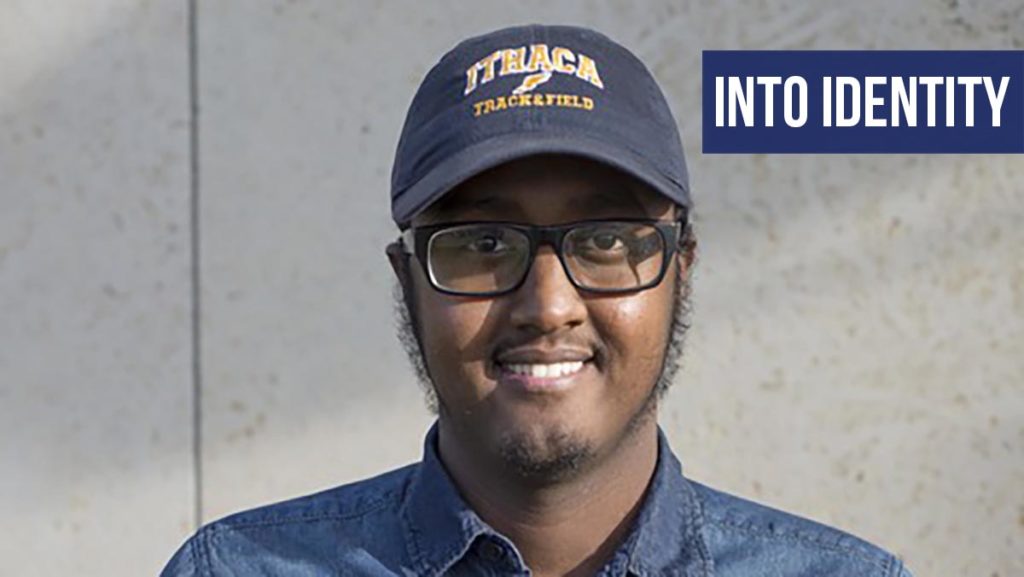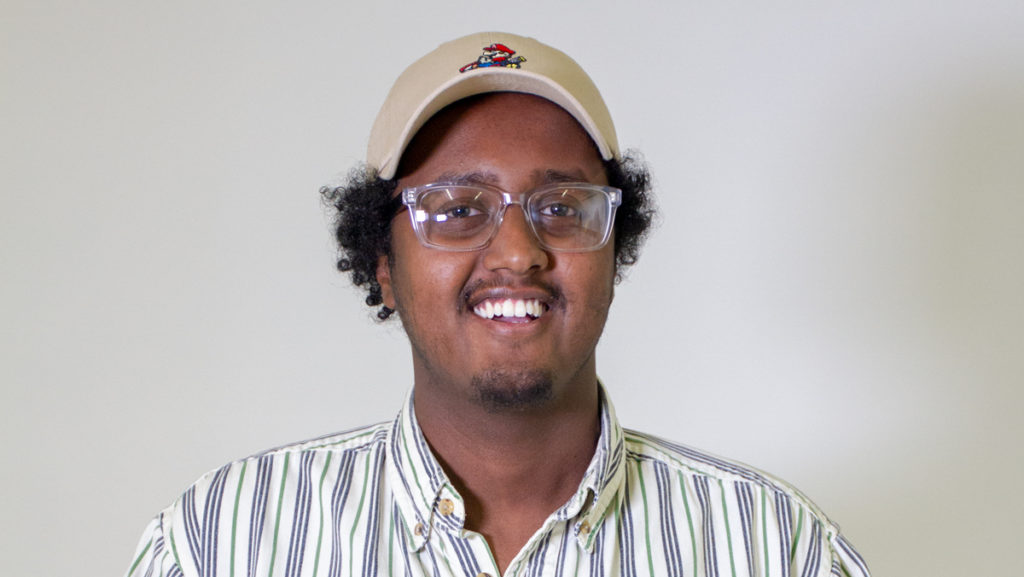In October 2017, social media users on Twitter and Facebook wrote #MeToo on their platforms as a way to raise awareness about widespread sexual assault and harassment, especially in the workplace. The phrase was shared over a million times and was usually accompanied by horrifying personal stories of sexual abuse and misconduct. It began as a justified backlash against grotesque predatory behavior by film mogul Harvey Weinstein. Since then, #MeToo has created a procession of allegations against these men, it’s latest casualty being comedian Aziz Ansari.
This phrase has caused a wave of national reckoning of an issue that is indisputably endemic to media and entertainment industries. Famous and wealthy men use their power to manipulate and exploit vulnerable women in the most egregious ways imaginable. Because such behaviors oftentimes have institutional and societal support, these incidents go unreported.
However, I think this current movement demonstrates what many colleges and universities have been reckoning with for decades. Students have been sharing their stories, but it’s now time for schools to seriously grapple with rape and sexual assault on campus.
This is crucial, especially in light of the serious allegations of sexual abuse against President Shirley Collado and the fact that Ithaca College is under a Title IX — a federal decree that bans sex discrimination in educational institutions that receive public money — investigation for mishandling reports of sexual violence.
The national landscape isn’t any much better. Secretary of Education Betsy DeVo has reversed key parts of an Obama-era policy concerning campus sexual assault, claiming that Title IX enables “kangaroo courts” and often denies due process for the accused. This is the same women who has met with “men’s rights” groups to speak about this issue.
There are so many complexities surrounding sexual assault and harassment, both on campus and in the workplace. #MeToo has been a force for good because it has raised important, although difficult, conversations around these perplexing and thorny areas; consent, power dynamics, and the line between hesitation and coercion. I think there needs to be an entire reassessment of our culture wherein such predacious interactions are severely stigmatized and punished. We need to acknowledge that sexual misconduct thrives in academia. And sometimes, it’s institutionally sanctioned.






